The question was asked first on LinkedIn where other answers can be found. My answer was:
“Thank you for your inspired question.
I believe that the movement from unconscious reactionary to creative solution occurs most effectively during the process of making decisions, not choices or judgments. Since most people do not recognize the reasons for this distinction, the likelihood of remaining in reactionary mode is high, even when the effectiveness of creative solutions have been experienced before.
The gamers I know usually deal with logic that involves limited, static choices or statistically valid judgments over long periods of time and over larger and larger numbers of people. They may simulate reality but in the end they are working in an artificially ideal world. Not that that alone is a problem. It is important to articulate the desires of our ideals in the face of the apparent limitations of our material world.
The problem arises when the "reality" they settle for is a compromise between the material and ideal. In the decision-making process I work with, gamers, choice-makers, judgment makers, are forced to stop at stage 8 by the very inherent constraints of their approaches. There the battle must continue until the "no-win" predicament is recognized, when all reasonable hypotheses are tested and produce the same ultimate outcome. Hopefully, sooner than later, we will come to the realization that reasoning itself is ultimately limited to its hypothetical processes of imitating reality.
To go beyond that stage requires a deeper understanding of how creativity is tapped. Plato, the dramatist of reason, recognized "divine madness" in four modes of responding to inspiration: poesy, eros, catharsis, and prophecy.
Translating these types into modern language, poesy becomes value creation; eros becomes mission; catharsis becomes purposeful relationships; and prophecy becomes vision. However, when the link between these modes of responding to inspiration are severed from their divine origin or no longer understood or function as such, as in our modern secular society, we are left with value, mission, purpose, and vision propositions on which to base choice or judgments, but not decisions.
If we will but remember two of the central, summarizing "commandments" of the Judeo/Christian culture, the link may be repaired: Love God with all of your mind, your heart, your soul, and your spirit, and your neighbor as yourself.
Loving God with all our minds opens us to inspiration of poesy and we come to know what to create. Loving God with all our hearts opens us to inspiration of eros and we come to know whom to create it for. Loving God with all our souls opens us to inspiration of catharsis and we come to know how best to create. And loving God with all our spirits opens us to inspiration of prophecy and we come to know why we create.
By accepting the graces of inspiring insights, we join in the creative solutions that are available. By denying them by conscious, or worse unconscious, oversights, we become reactionary in relation to the divine as opposed to responsive.
Generally speaking, then, making the decision to live together in peace will mean that creative solutions have been arrived at through collaboration to grow value together rather than build barriers to it; to love peace more than war; to forgive and forget past dysfunctional relationships in favor of present mutual purposes; and to share visions of the present and future in a way that allow prophecies to be effectively articulated and achieved.
To move beyond the general solution, each of us must cross the swaying walk bridge over the fog-bound gorge alone, willing to discover whether there are others waiting our arrival on the other side to do the specific work we find for us there.”
What do you think?
Please include your comment here or contact me to discuss.
Thanks.
John Darrouzet
for people who want to make better decisions
The Decision-Maker's Path (tm)...
Quick Overview
Blog Archive
-
▼
2008
(132)
-
▼
March
(81)
-
▼
Mar 01
(36)
- How would you want to be approached by someone who...
- What is the best way to fire someone?
- The proverbial silver bullet -- does it exist?
- WHY: When it comes to trust, trust your gut.
- Questions and Answers on the Decision-Maker’s Path™
- What process do you use in decision making?
- How does one find happiness in the workplace?
- According to you, what is Success? Whom do you con...
- Help Me Understand the Need to Be Right
- How should September 11th be memorialized?
- Have you ever had a prophetic dream or vision?
- How do you think?
- Best book to read while on a business trip?
- What makes a movie trailer Great?
- Do you believe in the bell curve of intelligence a...
- How do you know when you are deceiving yourself?
- How much?
- In a world driven by commerce and profit, what doe...
- Role of Spirituality in your Professional Success?
- Are you part of the creative solution or an uncons...
- What is your integrity-based decision making proce...
- When did you know you were committed?
- A personal question: What is one of the most memor...
- How is it possible not to think too much?
- What are the sources of disruption to your ideal p...
- What makes you Unique? And, after all, what makes ...
- Why is change regarded as a 'soft' area?
- What do you consider are the key components/tools/...
- How can I raise a total of 200.000.000 euro for in...
- If "legally" given a choice...
- What determined your career path?
- What is the role of "spirituality" in your work life?
- Strategic planning (for small businesses)
- Why do organizations need managers AND leaders?
- If better leadership produces better results why d...
- How do you effectively integrate strategic and tac...
-
▼
Mar 01
(36)
-
▼
March
(81)
Discovering the centers ...
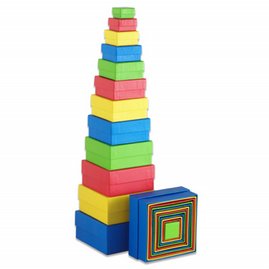
... of embedded insights
MOVIES FOR DECISION-MAKERS
Below are the cover images of movies for decision-makers, with clues to better decision-making.
Romero: the significant decision
"I know men and I tell you that Jesus Christ is no mere man. Between Him and every other person in the world there is no possible term of comparison. Alexander, Caesar, Charlemagne, and I have founded empires. But on what did we rest the creation of our genius? Upon force. Jesus Christ founded His empire upon love; and at this hour millions of men would die for Him."
--Napoleon
Decision-making: like climbing ...

a spiral staircase...one step at a time.
John Darrouzet
Special Counsel for Decision-Makers
Links
Followers
Subscribe To
********************* Advertising Disclaimer *********************
NOTE WELL:
Allowing the placement of the ads set out below should not be interpreted to constitute an endorsement or recommendation in any way by Special Counsel for Decision-Making or John Darrouzet of the content or programs referred to therein by the advertisers.
*****************************************************************************************************************************************
Allowing the placement of the ads set out below should not be interpreted to constitute an endorsement or recommendation in any way by Special Counsel for Decision-Making or John Darrouzet of the content or programs referred to therein by the advertisers.
*****************************************************************************************************************************************
*************************** Legal Notice **************************
Decision-Maker's Path (tm) trademark by, and blog content copyright © 2008, John Darrouzet. All rights reserved.
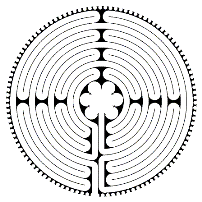


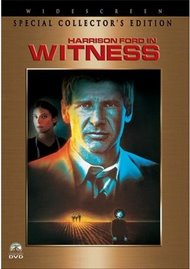





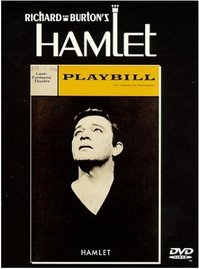



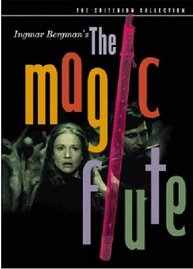

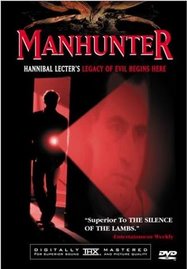



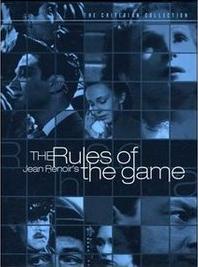
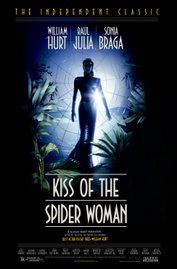
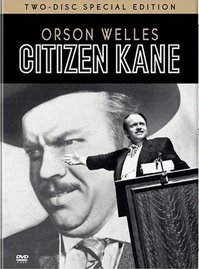


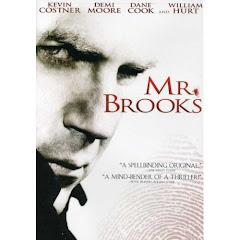




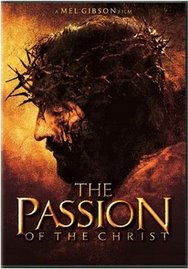

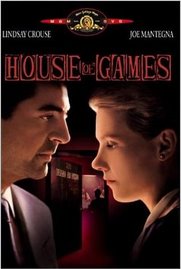




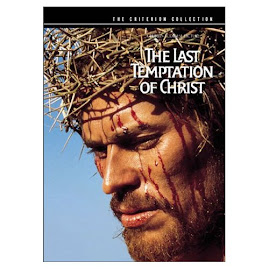
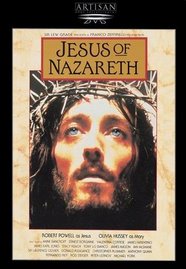
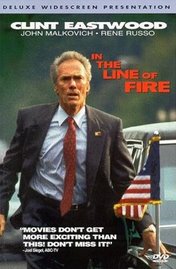



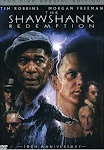





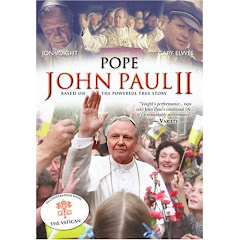
No comments:
Post a Comment